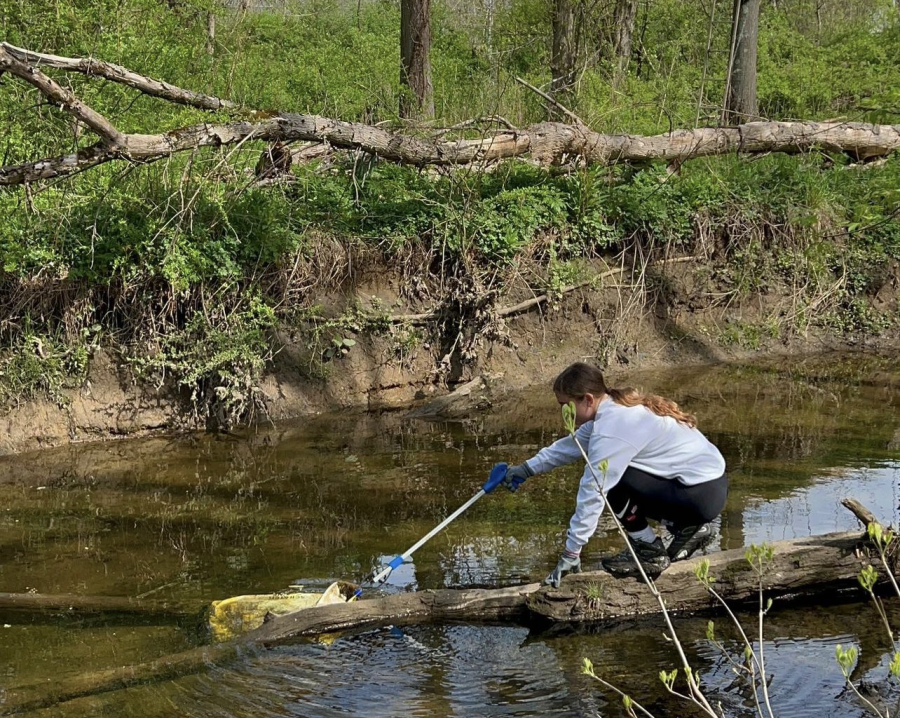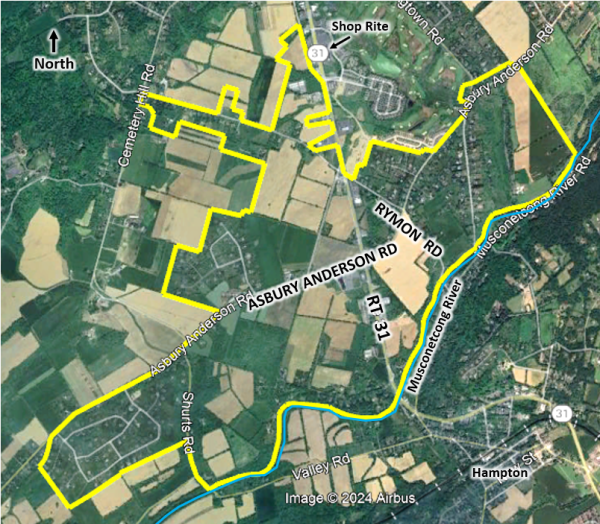Climate Change Brought Home
Climate change is a global issue, but with local effects. Warren Hills students are watching the environment around them transform.
According to the Environment New Jersey Research and Policy Center, climate change will affect crops across New Jersey. In Warren County, corn is the crop of concern. While the growing season will become longer; pests, water supply limits and heat stress will become more relevant issues.
Average temperatures in New Jersey as a whole are rising, up 3.5 degrees since 1895 and predicted to increase between 4.7 and 5.1 degrees by 2050, according to the 2020 NJDEP (New Jersey Department of Environmental Protection) Scientific Report on Climate Change. This increase is higher than that experienced by the rest of the Northeast.
Across New Jersey, rain and drought patterns are also predicted to experience change, according to the NJDEP report. Precipitation is expected to occur more heavily, but less frequently, with dry periods between heavy rainstorms. In addition, rainfall can wash pollution into lakes, which, combined with rising temperatures, can cause algae blooms. New Jersey recorded 89 suspected blooms in 2022.
In regard to municipal waste, residents can tell how much trash the county makes just from walking down the streets, which are littered with everything from plastic water bottles to face masks. Continued disregard for the state of the surrounding environment is evident as trash continues to be found in Warren County’s parks and neighborhoods.
Many Warren County residents love to visit the beach, so while the ocean isn’t located within the county, changes to seaside environments affect many. A 2019 Rutgers report says that New Jersey sea levels are likely to see an increase of 0.5 to 1.1 feet between 2000 and 2030. As sea levels rise, flooding will become more frequent and ecosystems will suffer.
These are not the only effects of climate change that residents of Warren County and the rest of New Jersey will see as years go on, unless serious changes are made to curtail the harm being done to the environment.






